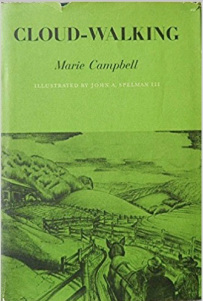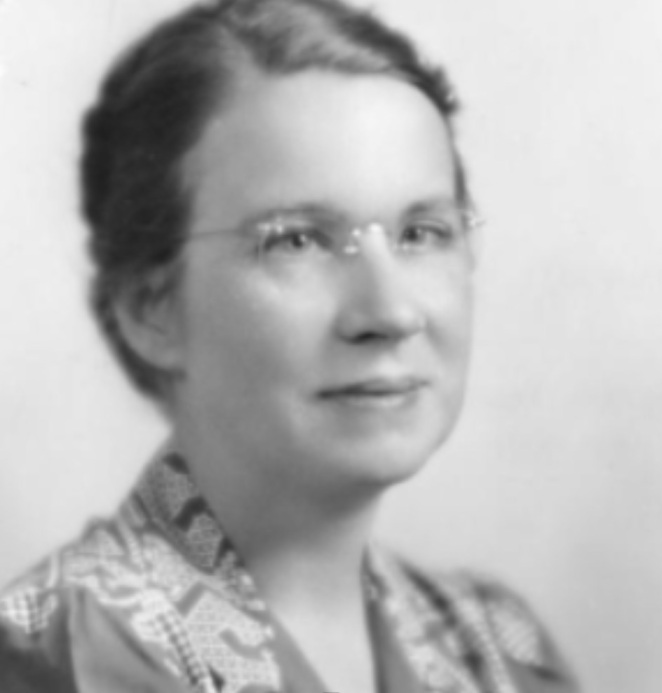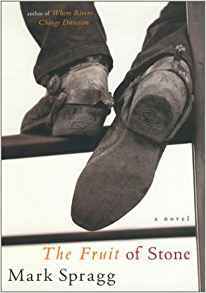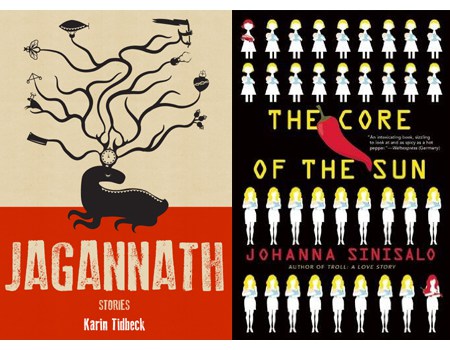As usual, when I sit down to write upon a topic, that topic immediately becomes much vaster than the ‘brief paragraph or two with accompanying picture’ will give justice to. I am a long-winded writer because…well…things are just interesting. Right?

Or not. You see, ‘portion control’ is what I have been striving to achieve with my blog. Most people relate portion control to food, if they tend to overeat. For me, it is related to what I choose to read and write. Some reading is just downright depressing, even if they are classics. Or perhaps the fact that they are classics and have survived this long with that much baggage is enervating to think about. I don’t know, actually. I just know that portion control in reading is a must for me to keep my psyche running lean and fit.
As to that, long-winded blog posts that I tend to write need portion control. I so love interesting side trips and digressions. All too often, though, they don’t fit the appetite of today’s reader. So, if you have been following this blog for awhile, you may have noticed that my blog posts are shorter, and more infrequent.
Today’s post is a classic (pardon the pun) example of what I fight constantly as a reader and writer. It was to be about a simple parallel between a classic story—the Iliad—and an old-fashioned story set in Kentucky that I believe is one of the finest stories I’ve ever read.
But one doesn’t just quickly set about doing brief blurbs when it comes to some of the finest words ever put to paper. And one doesn’t just spin off a quick sentence or two about the strangely connected worlds of Homeric Greece and the Southern States without thinking of ‘Oh Brother, Where Are Thou’, the fabulous song ‘Man of Constant Sorrow’, and the generally often shrill insensibleness of epic heroes.
At this point I will just remind myself: Portion Control.
While I can get carried away by the sheer beauty of the poetry, the muscular power of imagery in books like the Iliad and The Odyssey, the weirdness (for lack of a better word) of the ancient mind can get a bit trying. It’s a similar kind of emotionally erratic journey I experience in reading the literature of ‘olden times’ in Appalachia, or the Kentucky hills, with all their quaint ‘dreamy-drunken’ expressions, as I call it. A lyrical poetry in the expressions, a sing-song seduction of narrative carries me along and before I know it I am similarly ‘cloud walking’ or caught adrift amidst the ‘fingers of rosy-colored dawn’.
Odysseus was ‘a man of many sorrows’—his tears became their own sort of character in the narrative, yet it is interesting that Man of Constant Sorrow is also an Appalachian folk song with a heritage that goes back hundreds of years, maybe more. Intense tribal loyalties, coupled with unbalanced vendettas against petty trifles–bringing on a cycle of war and feuds–these also share the same patterns of crazy quilt imagery both from the ancient Greek world to the southern hills of rural America.
These themes can be traced endlessly, and, especially when it comes to the folk songs and those indescribably erratic folk tales…are endlessly fascinating. Yet…for this not to go on for pages (or even be written at all) here is a simple comparison. It’s not even the best one–just the one I could access and distribute the fastest….
The book? Cloud-Walking, written in 1942 by Marie Campbell. As I said, one of the finest books I’ve ever read. I am not sure its unique power would be for everyone–for one thing, it resonates with me because I have a family history that relates to the Appalachian Mountains and Kentucky hills, and all those wild-hearted, stubborn, delightful people. But oh, this woman could write. (more on this book later!)

Marie Campbell
The second book needs no introduction: Iliad, by Homer. The tragic tale of heroic deeds and, yes…oh brother killing brother where art thou? (too close to home, I’m afraid).‘For as long as it was morning and the holy day was waxing, the weapons thrown by both sides reached their mark and the men kept falling. But when a woodcutter makes his dinner in the mountain glens, when his hands are tired with cutting the tall trees and weariness has touched his heart, and desire for the pleasure of food takes over his mind–then the Danaans showed their worth and, calling to each other down their ranks, they broke the enemy line…Agamemnon was the first to spring through and kill his man, Bienor, shepherd of his people…’ [Iliad]
And back to the mountains here…
‘Back in other settlements they was killings aplenty over politics. Way over on Lone Creek five persons was killed and three more looking to die from ‘lection troubles. One place two brothers shot each other over who to vote for, and Uncle Blessing’s woman’s boy killed his woman’s pap and hisself over politics. From the time politics started in the spring to make ready for the primary voting till the candidates was picked and politics settled agin Nelt counted up about thirty persons shot to death in settlements about the country.’ [Cloud Walking’ 1942]
As Marie Campbell says in her forward, ‘this is no made up tale’. Sad but true.
More on Marie Campbell coming soon. (yes I really think it will happen this time!)
For yesterday’s visual of my fanciful Odysseus tears, see here.
Share this:
- More





